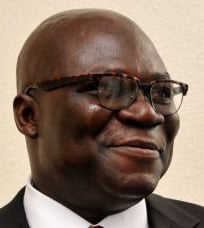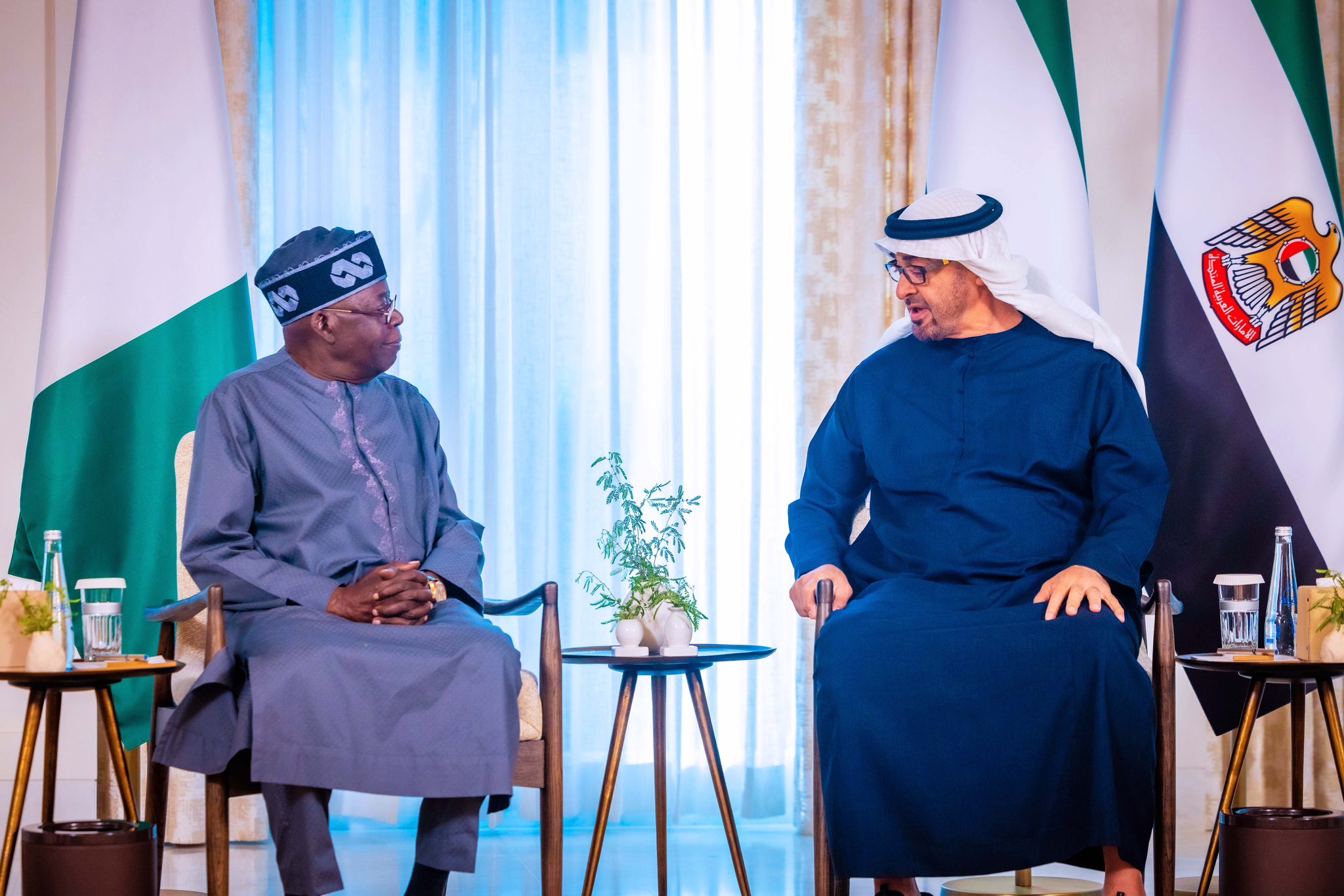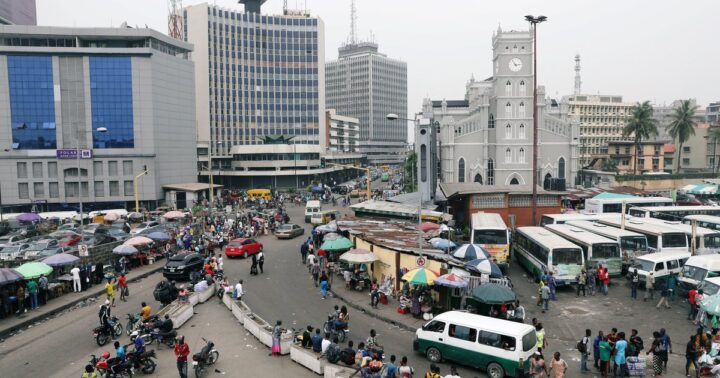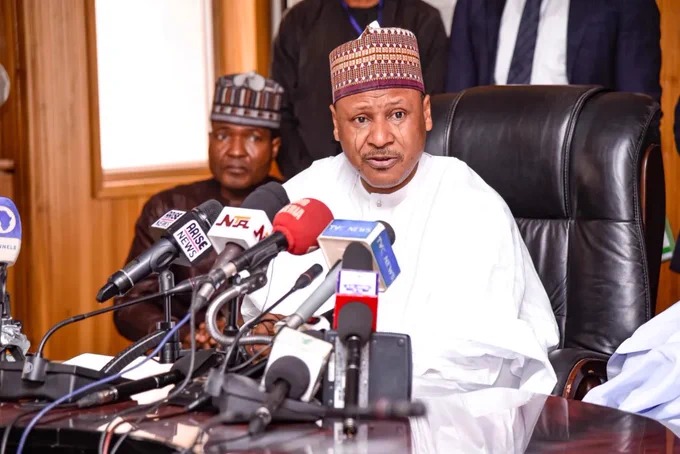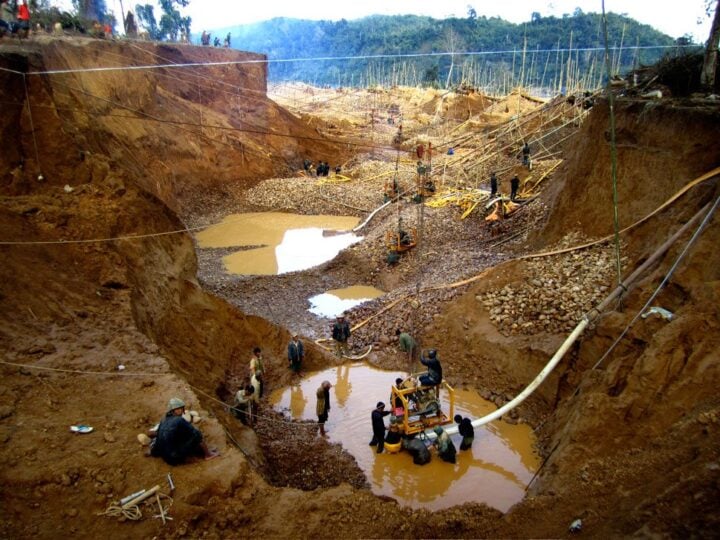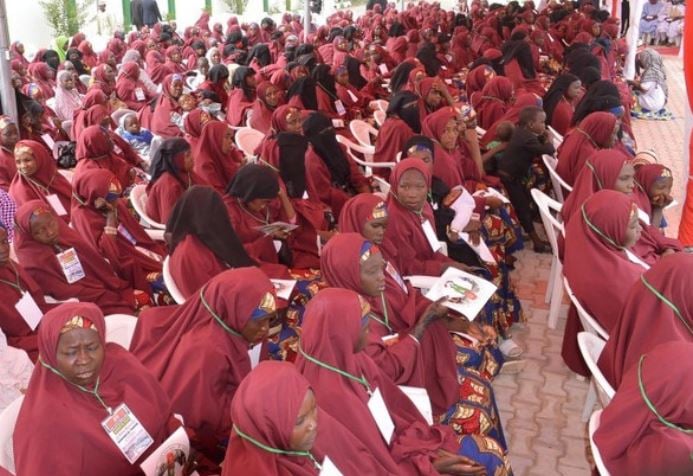For more than a week, President Bola Tinubu, Nigeria’s chief foreign policy officer has been on a diplomatic offensive to New Delhi, on the sidelines of the G20 Summit hosted by India. From Bharat, as that country is otherwise known, he has had a quick diplomatic stopover in the United Arab Emirates (UAE). Next week, he goes off to New York, United States, for the United Nations General Assembly (UNGA).
When Tinubu returns to Nigeria, before he goes off to New York, his handlers would have more than enough to crow about and a lot of chest-beating to do. I imagine that following the ruling in his favour by the presidential election petition tribunal, on Wednesday, September 6, we can legitimately expect a loud and heavy display of triumphalism, sycophancy, self-congratulation and advertisements by Tinubu/APC supporters for whom modesty is a strange word, but the more sober ones among them would probably point to how Tinubu seems to be succeeding on the foreign policy front.
In less than 100 days in office, he was elected chairman of ECOWAS, and has had to lead the charge in managing the Niger coup crisis, even if roughly, in June, he also attended a France-Africa summit in Paris, an African Union summit in Nairobi in July, and now he has gone to India, and the United Arab Emirates. Beyond the assertion of political and diplomatic influence, and a claw at legitimacy in a local “emilokan” style, whether you like it or not, big photo ops on the world stage, big opportunity to showcase Nigeria and the new administration, the main narrative has been that President Tinubu has been attracting investment to the country.
In India, the total pledge by Indian investors was put at $14 billion. It is this drive for investment that connects President Tinubu’s foreign excursions as covert text, and it was the same also in the UAE. But I keep adding the caveat that pledges would not translate into anything, beyond the ink on the memoranda of understanding (MOUs) that Nigeria signs here and there, if these pledges do not yield concrete outcomes. Nigeria is very good at signing documents and taking photos. Our ministry of foreign affairs officials are very good at organising ceremonies for any president who likes to stage shows. In any case, the current “City Boy, Eko For Show” president would jump at any opportunity to hog the limelight. But ceremonies and photo-ops would take Nigeria nowhere, Nigerians need follow-up. We need a foreign affairs ministry and ministry of industry, trade and investment (MITI) that can turn pledges into opportunities.
Advertisement
We need to be reminded that domestic policy drives foreign policy. Investors are not in the business of charity. The gulf between them and the Red Cross is the widest in the world. They are interested in profit and opportunities. For the pledges that have been made to be redeemable, President Tinubu must meet the existing and prospective investors half-way by keeping his part of the bargain to wit: his promise that Nigeria would provide very good returns on investments, that is ROI, the bottom line in the age of capitalism. Investors want to minimise risk. Nigeria is a risk-laden investment destination. Investors cannot repatriate their funds. The country’s foreign exchange regime is unpredictable. The country’s CBN governor has been suspended. He is in detention. The interim CBN governor is not exactly in a position to make far-reaching decisions, so the CBN is busy experimenting with monetary policies. Professor Pat Utomi once wrote a successful book titled ‘Managing Uncertainty: Competition and Strategy in Emerging Economies’, (Ibadan: Spectrum Books, 1998, 465 pp). If Nigeria’s economy was walking with the aid of walking sticks at the time Utomi wrote that book, its fortunes are now so uncertain, the economy having suffered multiple strokes, it is now in a wheel-chair. This is what Tinubu has inherited, and what he must do something about beyond all these high-profile photo opportunities around the globe.
His recent diplomatic shuttle has however provided one bright indicator that should not be ignored, and that is the outcome of his trip to the United Arab Emirates. It is one achievement that we can touch and perhaps feel. It will be recalled that the presidency informed us that the purpose of the Abu Dhabi stopover was to get the United Arab Emirates to lift the visa ban on Nigerians and to ensure that Emirates Airlines, the kingdom’s airliner, lifts its suspension of flights to Nigeria. The third shopping item in the basket was to hunt for investments in agriculture, defence and other areas. By yesterday evening, we had been told that after meetings with Sheik Mohammed bin Zayed Al Nahyan, president of the UAE, and the Emir of Abu Dhabi, President Tinubu was able to secure the lifting of visa ban on Nigerians and the immediate restoration of flight activity to Nigeria by Emirates Airlines without “any immediate payment by the Nigerian government”. Kudos. Kudos. Kudos. This achievement is all the more remarkable because Tinubu has just scored victory where his predecessor in office failed. What has happened is a teachable moment in leadership and diplomacy.
A bit of the background is necessary. In 2021, the Emirates airlines and the UAE had insisted on administering rapid antigen tests on Nigerians visiting the UAE which resulted in a diplomatic row. Subsequently, Emirates Airlines also raised questions about its inability to repatriate funds from Nigeria. On October 18, 2022, the UAE banned nationals from about 20 African countries from entering its major city, Dubai, Nigeria inclusive alongside other countries like Benin Republic, the Democratic Republic of Congo, Ghana, Uganda, Burundi, Sierra Leone, Sudan and Burkina Faso. As the drama unfolded, in February 2023, President Muhammadu Buhari, Tinubu’s predecessor, placed a phone call to Sheikh Zayed Al Nahyan of the UAE to condole with him on the death of his mother -in-law and he used the opportunity to bring up the matter of the blanket visa ban on Nigerians intending to travel to the UAE. The major revelation of that bilateral move was that many Nigerians go to the UAE illegally and in flagrant violation of the laws of the kingdom. Buhari ,at the time, also asked for a resumption of the suspended operations of the Emirates Airlines. This is where Tinubu has now gained victory. Etihad and Emirates Airlines can now resume flight schedules in and out of Nigeria. Many Nigerians for whom Dubai is a favourite trade, tourism and medical destination are now jubilant. Dubai is an attractive destination because of leadership and vision. Nigerians are rushing to Dubai and hustling for visas to the UAE because their own country has not met their expectations. For the benefit of those who would start touting Tinubu’s UAE mission as a big deal, they need to be cautioned that there are other sides to the story especially with regard to the aviation sector.
Advertisement
Where is Nigeria’s strategic interest in the aviation sector in this matter under review? Has the interest of Nigeria’s aviation sector been served? When Tinubu assumed office, there have, indeed, been some activities in the aviation sector. One, he changed the nomenclature of the ministry from ministry of aviation to ministry of aviation and aerospace development. Two, he appointed Festus Keyamo as minister. Three, Keyamo visited the Murtala Muhammed International Airport in Lagos and on the spur of the moment, he shut down the old international terminal at the airport and ordered a move to the new terminal to allow for renovations. Many stakeholders in the aviation sector have complained that they were not consulted. In fact, they were ignored after a fashion. The effect of that is the ongoing nightmare at the Murtala Muhammed International Airport in Lagos. Travellers arriving at the airport have to be bus-driven from the old terminal to the new terminal. It is the same bus that is used to ferry people, that is also used to move luggage. Immigration processes are slow. It could take up to four hours before persons can go through immigration to the luggage point to the exit. This is a clear case of acting before thinking! Similarly, it is doubtful if anyone made the effort to consult with industry stakeholders before reaching agreements with the UAE.
In 2022, airline operators of Nigeria, the AON, objected strongly to protests by foreign airlines, including Emirates, that they had not been able to repatriate $464 million of their revenue out of Nigeria in line with the bilateral service agreement (BASA). The Central Bank of Nigeria (CBN) at the time announced the release of $265 million to foreign airlines through special FX intervention. Nigerian airline operators protested. They objected to foreign airlines being given preferential treatment when local airlines were suffering. Till date, Nigerian local airline operators are still protesting. Nigeria has an obligation to look out for their interest. Foreign airlines enjoy flight frequencies that are not available to Nigerian airlines under BASA.
Nigeria is a big market. Even with the economic hardship today, flights in and out of Nigeria are still fully booked, and yet Nigerian airlines are short-changed. No serious-minded country does that. Every day, Virgin Atlantic and British Airways make humongous amounts of money on the Nigerian route. No Nigerian airline is on the London route. No Nigerian airline is allowed to enjoy full BASA rights in the UAE. The Central Bank of Nigeria was talking about special FX intervention for foreign airlines, but the same CBN is sitting on about $14 billion belonging to Air Peace. At the 2023 NBA conference in Abuja, the chairman of Air Peace, Allen Onyema brought up the matter.
What has been done to other local airlines is worse, indeed a criminal act of economic sabotage. Take what the Asset Management Corporation of Nigeria (AMCON) has done to Arik Air. Established in October 2006 by Sir Arumemi Ikhide-Johnson, formerly of GT, Arik soon became the dominant airline within the Nigerian aerospace creating jobs and building opportunities for Nigerians. At the height of its glory, Arik Air had flights to London, Madrid, Atlanta, Miami, Birmingham, Johannesburg, Dubai, and the Caribbeans. By 2012, it had transported over 10 million passengers. In February 2017, the airline was taken over by AMCON and handed over to receiver-managers on grounds that have become subjects of contention in courts of law. AMCON and the receiver-managers claimed that there were debts running into about N24 billion to be recovered, but six years later under their watch, they have turned Arik Air into a shadow of its former self, killing the dream that created it. What really happened was that in 2010, the CBN announced a sudden change of policy whereby foreign loans with local guarantees hitherto treated as off balance sheet were arbitrarily converted to on balance sheet local loans. This was done without negotiation or consultation with Arik Air. All efforts to secure an amicable settlement between the shareholders and AMCON have so far failed. The story of Arik Air is similar to that of Aero Contractors, also under the grips of AMCON.
Advertisement
It is worth stressing that AMCON was established in July 2010 to help Nigerian banks address the challenge of non-performing loans and thereby ensure stability within the financial system, and hence prevent a descent into crisis. It was given a lifespan of 10 years. The act was further amended in 2015, 2019 and 2021. More than 10 years after its creation, AMCON has proven to be worse than the problem it was meant to correct. It has accumulated more debt than the same companies it was meant to rejuvenate. Its receiver-managers have not made any significance difference as seen in the gross mismanagement of the two examples already cited. What has been writ large is the resort to name-calling, ethnic politics, and persecution by an agency of government established with more ennobling expectations. AMCON was meant to revive and re-engineer businesses. Rather it kills them. Its disposal of assets has been more controversial than transparent. The agency may well claim achievements in other aspects of its operations: oil and gas, finance, general commerce, capital market and manufacturing, our argument is that at first blush, its intervention in the aviation sector has been catastrophic.
It is for this reason that we urge President Tinubu focusing on the aviation sector and aerospace development to take a closer and critical look at AMCON and the interest of stakeholders in that industry – from the plight of domestic airlines under receivership and allegations of prejudice and mistreatment, to the structure of the Federal Aviation Authority of Nigeria (FAAN), the Nigerian Civil Aviation Authority (NCAA), security matters, and the state of Nigeria’s airports. Besides, AMCON has lived far beyond its sunset clause, and yet it has not truly served its purpose. It is tied down by litigation. The various amendments to the enabling act have not made any difference. One of the more pressing matters for the Tinubu administration is to investigate AMCON and its relevance and impact or non-impact so far, and seek to ensure that those who have been wounded by the politicization of the special purpose vehicle get justice.
This would mean taking the aviation sector beyond the routine measure of airport renovation, and vacuous rhetoric, something which every new aviation minister embarks upon under the guise of bringing our international airports up to an international standard. Contracts would be awarded. Equipment would be procured. Tapes would be cut. Six months down the line, the newly refurbished toilets would be shut down due to lack of proper maintenance. The luggage carousel will stop working, along with the air conditioning and other facilities. The roof of the newly touched up building could even start leaking. Enough of the window-dressing. There are more fundamental issues to be addressed, the full extent could only emerge in national interest through due consultation with industry stakeholders, at the heart of which is the security of investments and the certainty of policy.
Advertisement
Views expressed by contributors are strictly personal and not of TheCable.
Add a comment
